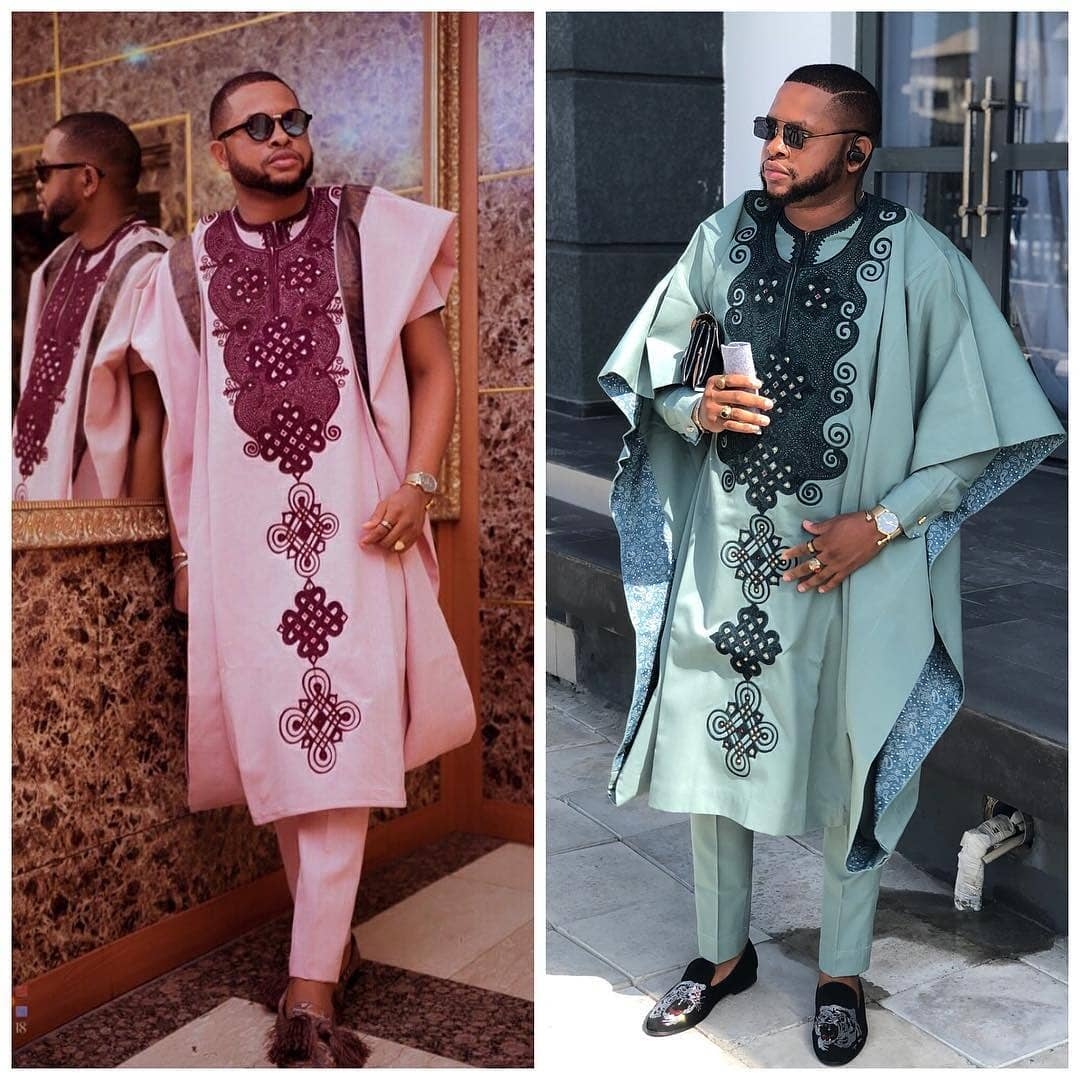Ankara shirts (with their patterned designs) are the new wave in Nigeria at the moment. From young people right up to the aged, the Ankara fabric is loved – along with all that can be made from it, especially shirts.
Today however, we’re going to be focusing exclusively Ankara shirts for Nigerian guys and men. However, before we proceed to the different styles that are available or shirt styles that work particularly well with the Ankara fabric, it is very important to clear some very important issues first.
Why Men Love Ankara Shirts
Originally, Ankara designs and patterns were largely used by women and younger girls. However, over time, Nigerian men suddenly developed a penchant for them that for many, remains unexplained. If this article is going to be complete, we’ll simply have to explain this fact – clean and clear to you.
So, why do men (particularly, Nigerian men) love Ankara shirts so much?
Here:
Ankara Is Cheap
The Ankara fabric is quite cheap and easily affordable by all social classes in the society. Accordingly thus, the vulcanizer by the road side, the side street mechanic, the civil servant and the highly paid politician/professional can all afford the original fabric for the shirt without any challenge.
The Ankara Fabric Works With A Plethora Of Shirt Styles
Aside the Ankara fabric (used for making shirts being dead cheap and affordable by all and sundry in the society), the Ankara fabric also lends itself to a plethora of shirt styles and designs in a seamless manner. Accordingly thus, the fabric ensures more variety ‘shirt wise’ than other fabrics allows.
Ankara Shirts Can Be Used For A Plethora Of Occasions/Events
Finally, men and guys (especially those of Nigerian origin) have discovered to their utter amazement and benefit that Ankara shirts can be used for a plethora of occasions/events. This covers formal, semi-formal and completely informal occasions. For men on a budget or those who love things simple (which majority of Nigerian men fall under), this is certainly the best thing that can happen to them!
Now, let’s take a look at the different styles of Ankara shirts for Nigerian men and guys.
Latest Ankara Styles for Men & Guys Collection




See Also: Native Styles for Nigerian Men and Guys
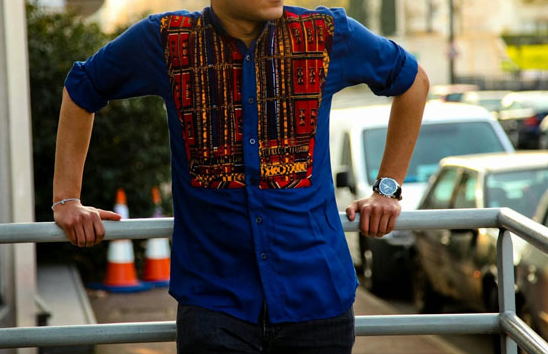


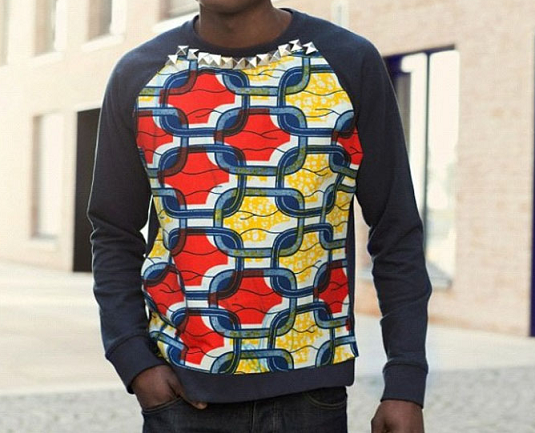



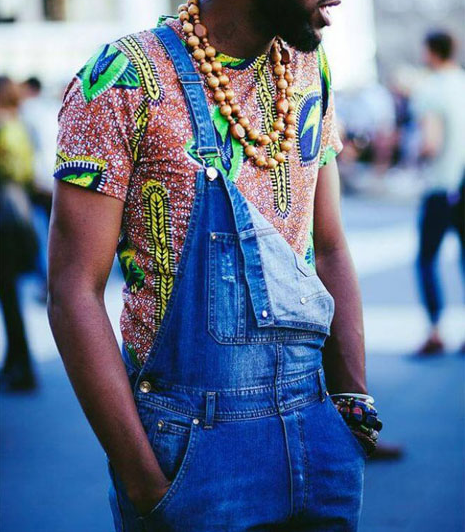



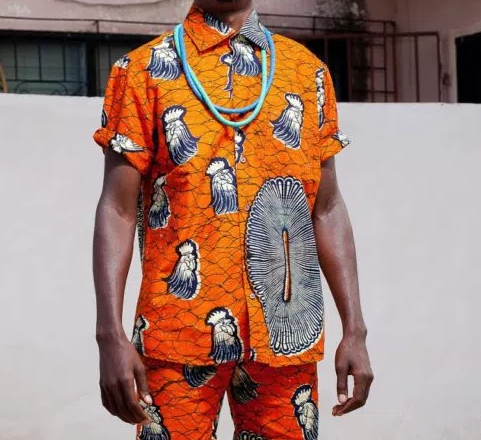



Different Styles Of Ankara Shirts
Below are the most common and popular styles of Ankara shirts for men and guys in Nigeria.
Short Sleeved Shirts
Short sleeved shirts are the most popular shirt types that Nigerian men deploy the Ankara fabric for – thanks to the tropical weather that ensures that heat prevails almost all the year round. Here, typical styles include the Dashiki, normal western styled shirts and traditional short sleeved jumpers fall into this category type.
Long Sleeved Shirts
Closely related to the first option above is the long sleeved shirt types that can be made from the traditional Ankara fabric. Like the short sleeved variants, these shirts can be both traditional or English themed. Examples include the Kaftan, Agbada and the regular suit.
Traditional Shirts
Completely distinct but closely related to the two shirt type above is the traditional shirt – especially the ones that are not expressly mentioned by name in the first two examples. This include, the senator style (popular in Eastern Nigeria), the ‘Jonathan’ style (popular in the Niger Delta region) and any other traditional designs that one may be fascinated with.
How To Make Your Ankara Shirts Last Long
By way of summary, if you are contemplating an Ankara shirt as a Nigerian man or guy (or already have one), here are super smart quick tips to ensure that the shirts last long:
- Do not use direct detergent to wash the shirt(s) – instead, use tablet or toilet soap. This will ensure that the fabric does not fade fast.
- Always dry your Ankara shirt(s) in the cool shade, away from direct sun. This will also ensure that the material does not fade fast.
- When using your Ankara shirt(s), always ensure that you minimize direct contact with the sun (as much as lies in your power).
- Finally, press/iron the material according to the express instructions of the manufacturer.

